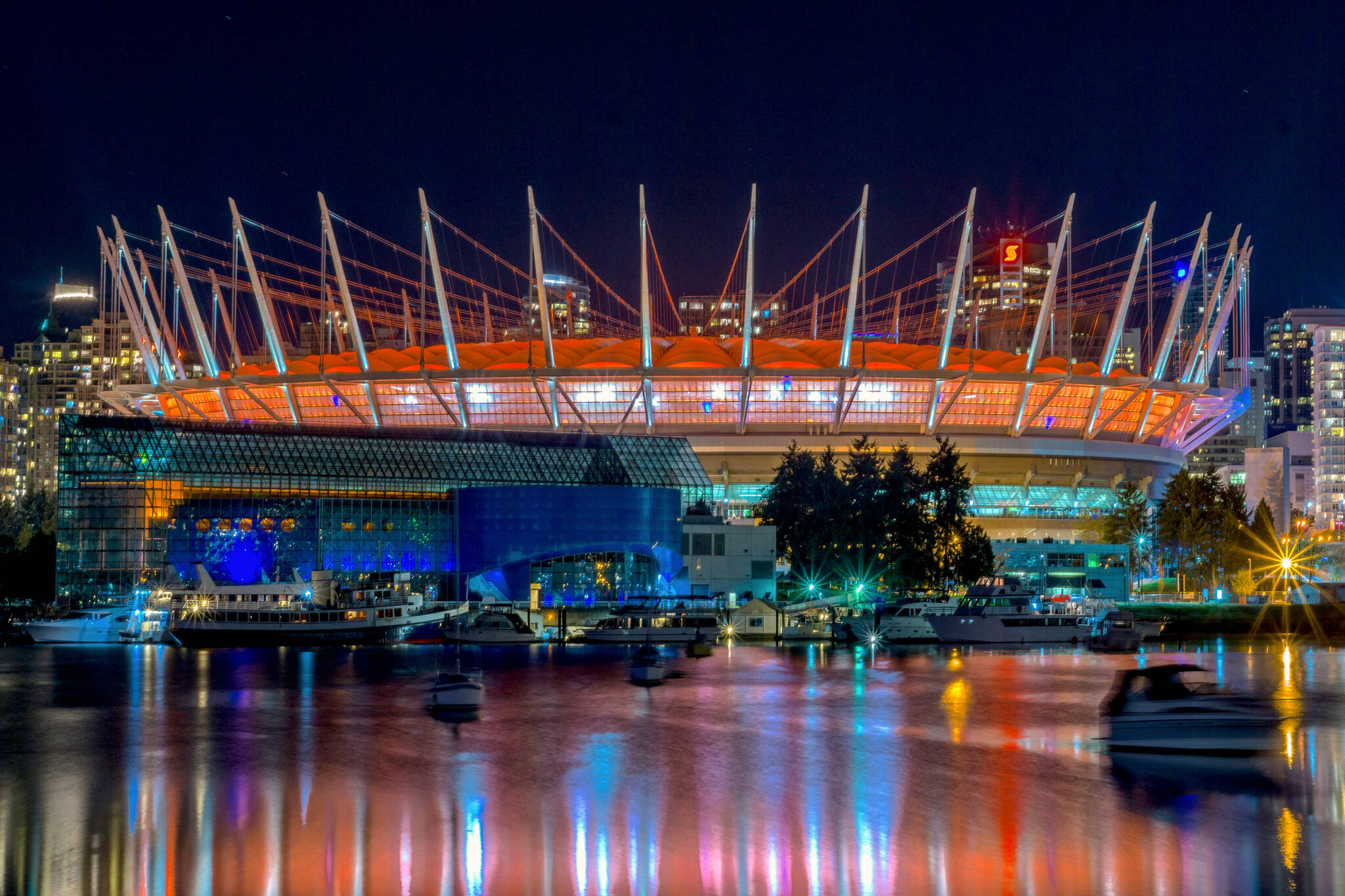A new tax on hotel rooms could end up scoring hundreds of millions in cash for Vancouver as it prepares to welcome soccer fans from around the globe as a host city for the 2026 FIFA Men’s World Cup.
The temporary tax will add $2.50 to every $100 paid on short-term rooms starting Feb. 1.
But soccer and non-soccer fans will have to start paying more well before and well after the first kick of the ball. It is not clear whether the tax will be enough to cover the costs of planning, staging and hosting a yet-to-determined number of games as per the standards of FIFA. The province says the tax would be in place for seven years.
The Ministry of Finance confirmed in a statement to Black Press Media that the tax would end Feb. 1, 2030, adding that it allows Vancouver to start saving immediately.
“Vancouver’s FIFA 2026 obligations and costs have already started today as it plans and prepares for the FIFA 2026 event,” it reads. “Facility upgrades and other preparation activities will occur from now right up to the hosting of the event. There will also be wind-up activities.”
The statement also addressed the question of making non-soccer fans help pay for the event.
“Whether (travellers) are soccer fans or not, all (travellers) will benefit in one way or another from the various festivals and other events that will take place in and around Vancouver as we move closer to 2026,” it reads.
Vancouver is one of 16 FIFA host cities across North America and faces $230 million in additional expenses — the exact amount that the new tax promises to raise following consultations with the hotel sector.
The province acknowledged Friday (Jan. 27) that available cost estimates are subject to change as the planning process unfolds and FIFA shares additional information.
Earlier estimates have proven unreliable. The province estimated in March 2022 that the total cost of hosting the event would between $240 and $260 million. That figure included both costs for the city and BC Place Stadium, with the city responsible for half. A more detailed analysis has since pegged the city’s costs at $230 million and it is not clear how much the province will have to pay to upgrade BC Place Stadium.
The statement indicated the province will receive additional information from Vancouver today (Jan. 27) and that the province will have a more complete picture of costs later this spring.
Both the city and the province promise annual updates on costs and revenues raised through so-called Major Events Municipal and Regional District Tax.
RELATED: Vancouver chosen to host FIFA World Cup in 2026 as part of North American bid
Tourism Minister Lana Popham said the new tax will support provincial tourism in the long run by removing barriers for cities interested in hosting sporting and other events with international reach.
Destination BC estimates that the global soccer tournament could draw an additional 269,000 visitors to the province, with about 50 per cent of them from outside Canada and the U.S. The province said earlier that the event could generate up to $1 billion in returns.
Vancouver Mayor Ken Sim called being part of the FIFA Men’s World Cup an “extraordinary” opportunity.
Finance Miinster Katrine Conroy said the arrangement with Vancouver is similar to how the province helped Whistler fund its 2010 Winter Olympics.
Vancouver will be the first city to charge the tax and the province said it will be available to other municipalities.
The announcement of the tax is not the first reversal in provincial policy around 2026 FIFA Men’s World Cup. While B.C. had initially backed out of possibly hosting games, the province changed course in 2021 and became an official host city in 2022.
Canada’s men’s national soccer team qualified for the 2022 FIFA Men’s World Cup held late last year in Qatar amidst concerns about that country’s record of human rights and FIFA corruption.
@wolfgangdepner
wolfgang.depner@blackpress.ca
Like us on Facebook and follow us on Twitter.

